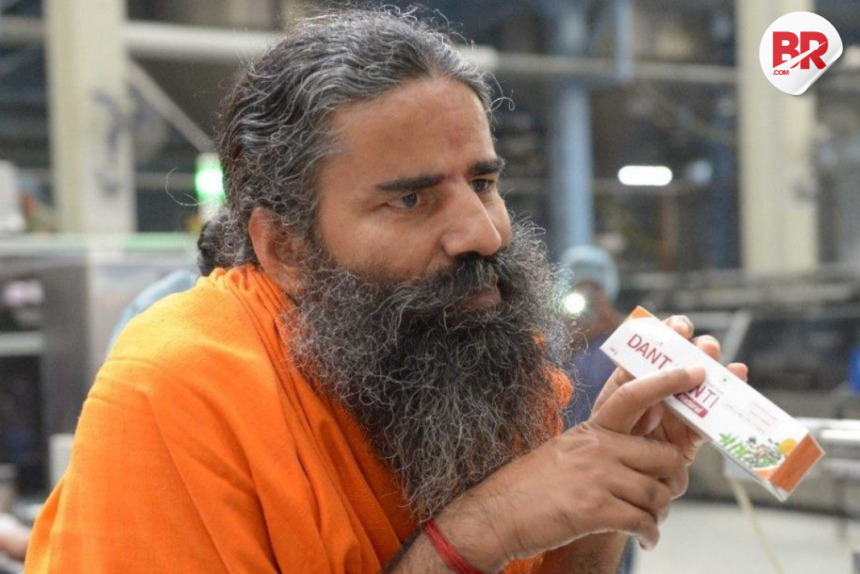
The government has formally asked Patanjali Ayurved, the well-known traditional medicine company co-founded by yoga guru Baba Ramdev, to explain certain financial transactions labeled as suspicious.
The corporate affairs ministry issued a notice after the economic intelligence wing found some deals “abnormal and dubious,” according to insiders familiar with the case.

Patanjali has about two months to respond to the notice. Alongside these suspicious transactions, the ministry will also investigate potential corporate governance violations and whether there has been any diversion of funds.
For many Indians, Patanjali is more than just a company; it is a trusted brand deeply connected to Ayurveda, yoga, and India’s wellness heritage.
So, when questions arise about the company’s financial dealings, it causes concern. People naturally wonder if the transparency and integrity that Patanjali promotes are reflected behind the scenes.
It’s important to remember that this is not the first time Patanjali has attracted government attention.
Last year, the company’s units received show-cause notices for allegedly not paying taxes properly and wrongly claiming tax refunds. Adding to the scrutiny, India’s Supreme Court barred Patanjali from marketing some of its products as cures for specific diseases.
The court’s order served as a reminder that even popular traditional brands must follow the law and scientific standards.
Also Read Mazagon Dock Crashes 7% as Q4 Profit Halves Despite Full-Year Growth
Patanjali Ayurved operates as a closely held private company. However, its subsidiary, Patanjali Foods Ltd., is publicly traded on stock exchanges. Following news of the government probe, the share price of Patanjali Foods dropped nearly 10% this month—a clear signal that investors are worried.
This dip shakes the confidence of those who may have seen the company as invincible or beyond reproach.
To give a simple analogy: imagine if your favorite herbal tea brand suddenly faced questions about where it sourced its ingredients or how it moved money internally. Consumers value honesty and transparency, especially when it comes to products that claim health benefits.
Bigger Picture: A Push for Clean Business in Wellness
The government’s investigation into Patanjali is part of a wider effort to tighten oversight in India’s booming wellness sector. With rising consumer interest in natural and traditional products, several companies have grown rapidly, sometimes outpacing regulatory checks.
This probe sends a strong message: relying on celebrity endorsements and a good brand image is no longer enough. Companies must maintain strict compliance with financial rules and corporate governance. Transparent business practices are essential to protect consumers and investors alike.
Also Read Suzlon Energy Shares Jump 11% as Q4 Profit Rises 365% to ₹1,182 Crore












